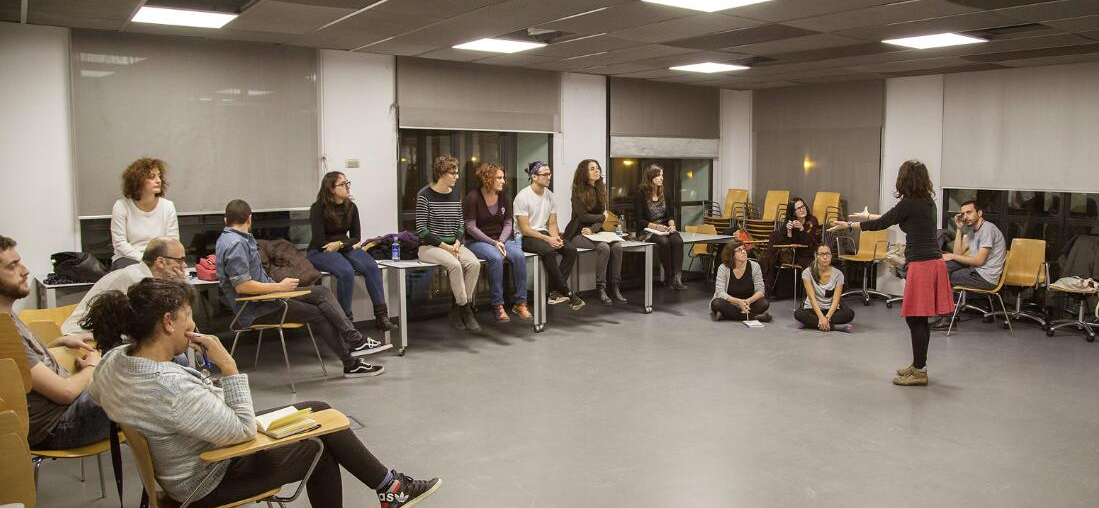Role-playing is a dynamic and immersive technique that transcends traditional learning methods, promoting empathy, creativity, and personal growth. By adopting different characters or scenarios, individuals step outside of their comfort zones, gaining new perspectives and insights that deepen their understanding of complex social dynamics.
In educational settings, role-playing helps students develop crucial interpersonal skills. For instance, by simulating real-world interactions, such as job interviews or conflict resolution, students learn how to communicate effectively, negotiate, and collaborate with others. This experiential learning fosters self-confidence as individuals practice and refine their responses in a safe environment.
Beyond education, role-playing serves as a therapeutic tool in psychology. Techniques like psychodrama allow clients to explore their emotions and experiences by reenacting pivotal moments from their lives. This process not only aids in understanding personal challenges but also fosters emotional release and healing. When individuals inhabit the roles of others, they cultivate empathy, enabling them to appreciate diverse viewpoints and enhance their relationships.
Incorporating role-playing into various aspects of life offers immense benefits. Whether in a classroom, workplace, or therapeutic setting, it encourages creativity, enhances problem-solving skills, and promotes emotional intelligence. By embracing the transformative power of role-playing, individuals can navigate social complexities with greater ease and confidence, ultimately fostering a more connected and empathetic world

